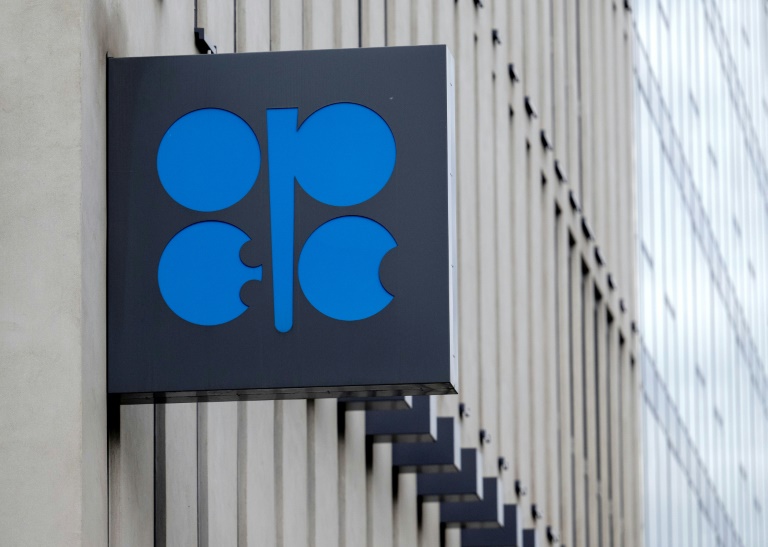
VIENNA: Major oil producers led by Saudi Arabia and Russia were set to meet Wednesday as reports said they were mulling an output cut of up to 2 million barrels per day in a bid to prop up slumping prices.
If implemented, it would be the first such major cut since a landmark curb on production at the start of the Covid-19 pandemic.
Energy prices soared after Russia invaded Ukraine earlier this year, pushing inflation to decades-high levels that have put pressure on economies across the world.
But they have fallen in recent months on concerns over dwindling demand and a slowdown in the global economy.
The 13 members of the Organization of the Petroleum Exporting Countries (Opec), led by Saudi Arabia, and their 10 allies headed by Russia will hold their first in-person meeting since March 2020 at the group's headquarters in Vienna.
Collectively known as Opec+, the alliance drastically slashed output by almost 10 million barrels per day (bpd) in April 2020 to reverse a massive drop in crude prices caused by coronavirus lockdowns.
Opec+ began to raise production last year after the market improved. Output returned to pre-pandemic levels this year, but only on paper as some members have struggled to meet their quotas.
The group agreed last month on a small, symbolic cut of 100,000 bpd from October, the first in more than a year.
- 'Sizeable cut'? -
Most oil ministers were reluctant to divulge information on possible output cuts as they started to arrive in Vienna.
UAE Energy Minister Suhail al-Mazrouei said Tuesday that the group was still reviewing market data.
"Let's wait... We will have to listen to the technical team," he told journalists.
But Bloomberg said officials were discussing the removal of about 2 million bpd out of the market from November, twice as much as earlier predictions.
"A sizeable cut now looks on the cards, the question is whether it will be large enough to offset the demand destruction caused by the impending economic downturn," said Craig Erlam, an analyst at trading platform OANDA.
After soaring close to US$140 per barrel in the aftermath of Russia's invasion of Ukraine in late February, oil prices have dropped below the $90 mark.
According to the UBS bank, a cut of at least 500,000 bpd would be necessary to stop the price plunge.
In anticipation of Wednesday's meeting, oil prices jumped further on Tuesday, with Brent above $90 and WTI around $86, though still far below their March peak.
- Tighter taps 'unwelcome' -
Consumer countries have pushed for Opec+ to open taps more widely to bring down prices -- calls that the group has largely ignored.
US President Joe Biden made a controversial trip to Saudi Arabia in July in part to convince the kingdom to loosen the production taps. The trip saw Biden meet Crown Prince Mohammed bin Salman despite his promise to make Riyadh a "pariah" following the 2018 killing of journalist Jamal Khashoggi.
"Any cut would be unwelcome as it's not the right time for cutting oil supplies to push prices higher," said Ipek Ozkardeskaya, a Swissquote analyst.
"The global energy crisis, soaring inflation and looming recession already worry the Western leaders," she said ahead of the Vienna gathering.
"Knowing that Russia is willing to cut output, the move could also be perceived as another escalation of the geopolitical tensions" between Moscow and the West.
Observers have cast doubt on how much more Opec+ could possibly pump, with some of its members already struggling to meet quotas.
Bjarne Schieldrop, chief commodities analyst at SEB research group, predicted it would be "very easy for the group to implement cuts given that most members are stretched to the limit of what they can produce".
He said Saudi Arabia was currently producing 11 million bpd.
"It hasn't maintained such a high production more than twice in history and then only for 1-2 months," he said.







